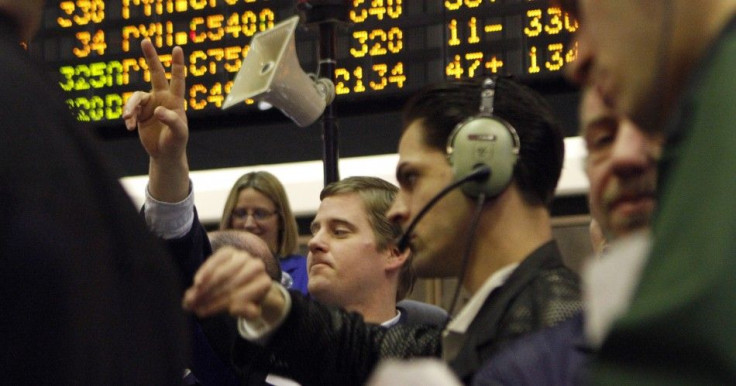New CFTC Trading Limit: Will It Curb 'Speculation'?
Or will it just produce years' of litigation?

The United States pushed through its toughest measures yet to curtail speculation in commodity markets in a tight vote on Tuesday, likely shifting the focus of a fierce four-year debate from the regulators to the courts.
In a measure decried by Wall Street and trading companies as a misguided political attempt to cap soaring oil and grain prices, the Commodity Futures Trading Commission voted 3-2 to approve position limits that will cap the number of futures and swaps contracts that any single trader can hold.
The rule, which was being modified until the last minute even after months of intense review, offers some relief for the industry, relenting on several contentious provisions, as expected.
But that will do little to temper frustration over a plan that could force banks like Morgan Stanley and traders including grains giant Cargill to scale back business, and could stanch the flow of financial capital into commodities.
The divisiveness was stark from the opening, making a legal challenge potentially more likely. That would be another hurdle for CFTC Chairman Gary Gensler, who is struggling against emboldened Republicans and a hostile Wall Street to put in place the rules required by recent financial reforms.
Swing vote Michael Dunn, a Democrat whose term has already expired, said he would follow the Dodd-Frank financial reform law but blasted the limits as a dangerous distraction from bigger issues. Dunn can remain through the end of 2012 until a replacement is confirmed by the Senate.
Position limits are a sideshow that has unnecessarily diverted human and fiscal resources away from actions to prevent another financial crisis, Dunn said. At worst the limits may harm the very markets they are intended to protect by making prices more volatile and hedging more difficult.
The decision also failed to appease those who had called for tougher limits, such as British charity Oxfam and Senator Bernie Sanders, long a vocal proponent of tougher limits.
The CFTC has moved a step forward, but much more has to be done and I intend to play an active role in that process, Sanders said in a statement.
CHALLENGE LOOMS
As expected, the commission's two Democrats, Dunn and Bart Chilton, voted with Gensler, while Republicans Jill Sommers and Scott O'Malia opposed the measure. O'Malia said the agency had overreached its mandate and echoed the industry's argument that there was no empirical evidence to substantiate the rule.
We went beyond the statute by doing things like narrowing the bona fide hedge exemption, Sommers told Reuters. Those are the things that people can use for a legal challenge.
The CFTC has never faced a lawsuit over one of its rules, according to an agency spokesman.
A lack of proof that excessive speculation leads to high prices is at the heart of the issue. Without evidence of any damage wrought by failing to limit traders, it may be difficult to demonstrate the net benefit of the measure.
Dozens of academic, government and bank studies on the subject have differed on whether speculators -- in particular the institutional investors who have poured some $300 billion into commodity markets over the past decade -- influence prices or whether prices simply respond to market conditions.
© Copyright Thomson Reuters 2024. All rights reserved.












